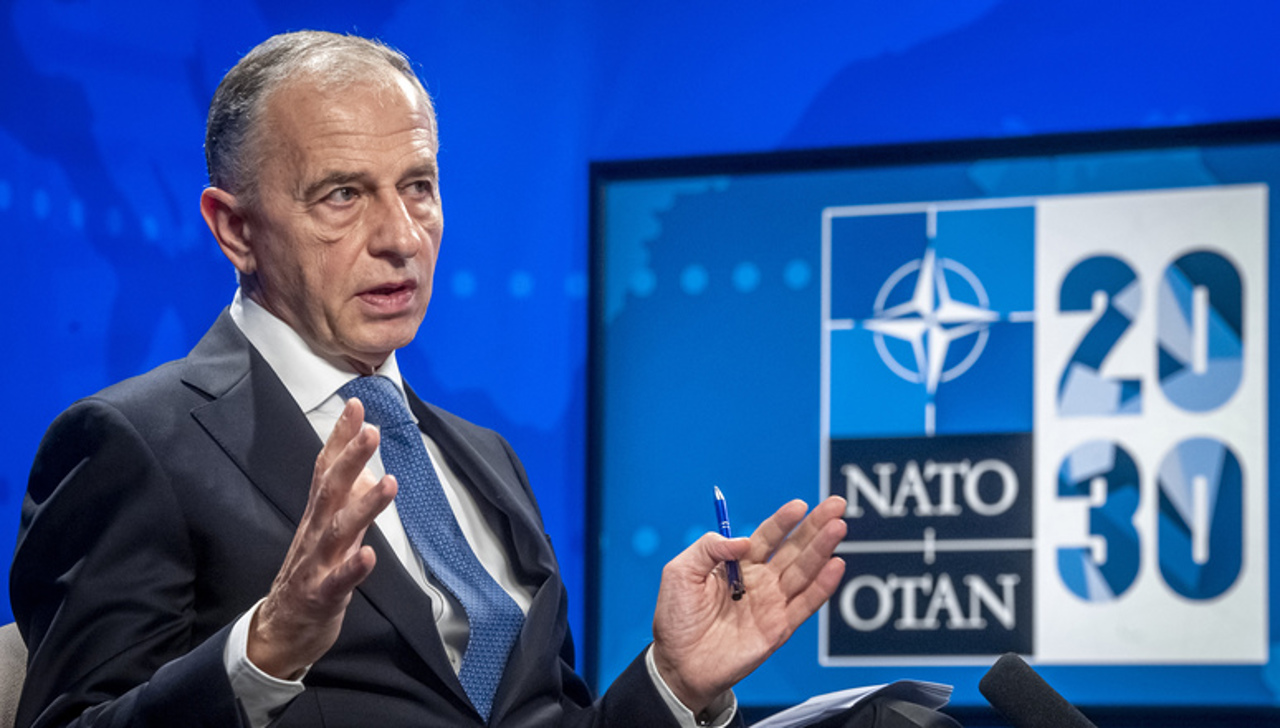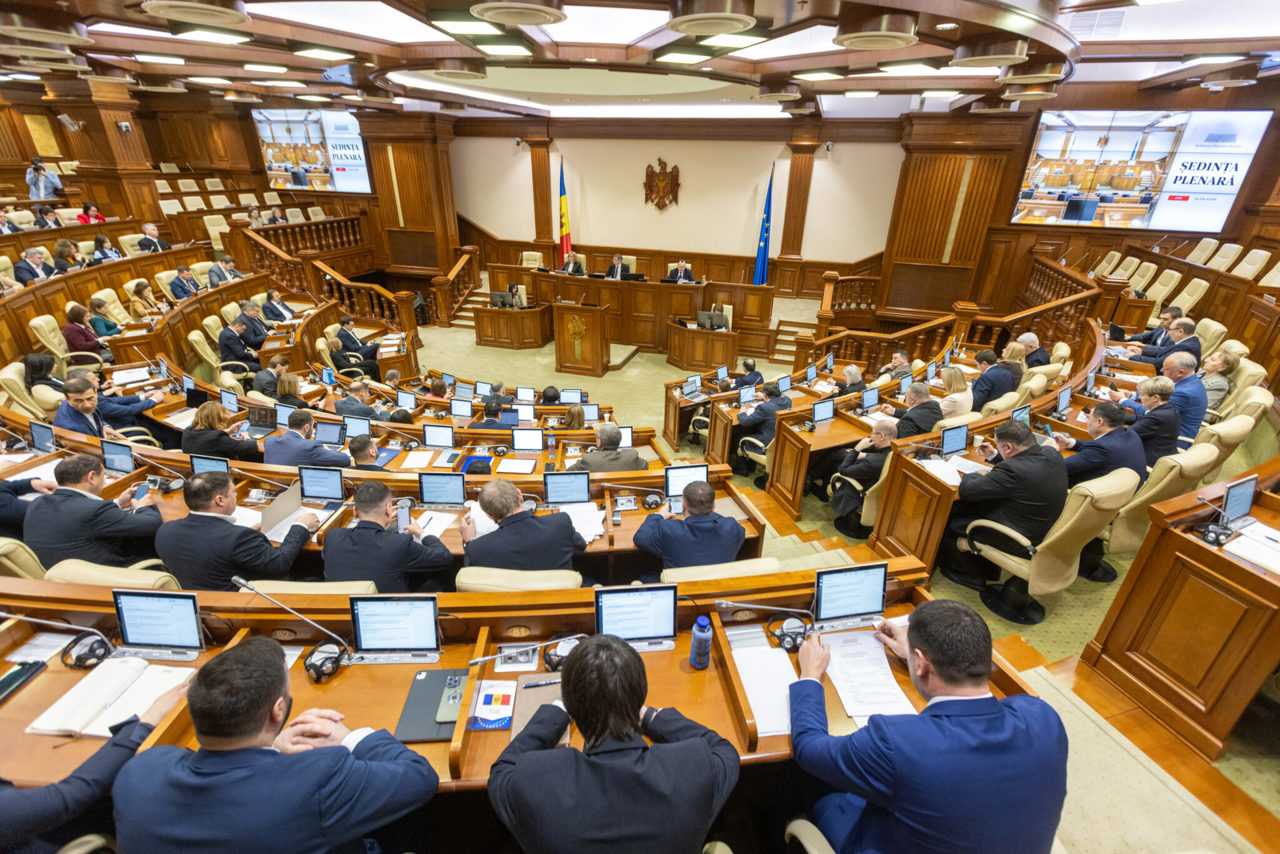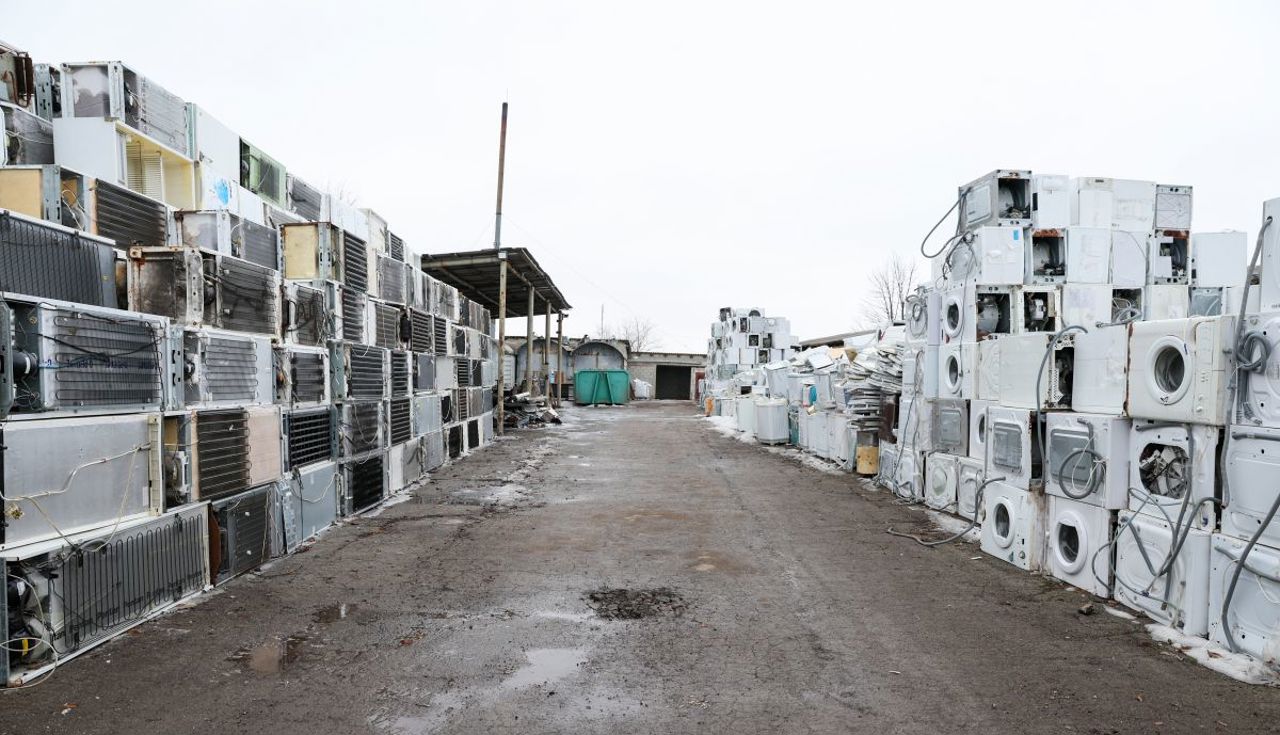NATO: Russia Maintains Conflicts For Control
"The Transnistrian region starkly illustrates how the Russian Federation, after the collapse of the USSR, has maintained so-called frozen conflicts to exert pressure on countries likely to align with Europe," NATO Deputy Secretary General Mircea Geoană told Radio Moldova.

The Republic of Moldova, the official asserts, has every right to demand the withdrawal of Russian military forces from its territory.
"Transnistria follows a clear pattern, as seen in Ossetia and Abkhazia. Russia has a history of leveraging local proxies in regions like the Western Balkans, Africa, and the Middle East. Therefore, the Republic of Moldova possesses the full right, which we strongly support, to uphold its territorial integrity, sovereignty, and demand the removal of foreign forces. Authorities in Chișinău are managing the Transnistrian situation effectively, and I am confident that our Ukrainian partners are doing the same. Moldova's pro-European path presents the optimal route forward, including the resolution of such conflicts.”
Earlier this year, tensions between Chișinău and Tiraspol heightened after Moldovan authorities aligned customs duties for companies in the Transnistrian region with those on the right bank of the Nistru River. Exemptions from VAT and excise duties on imports and exports for these companies remain in place. Through this decision, Chișinău aims to ensure equitable treatment for all Moldovan citizens.
Prior to January 1 of this year, companies within the Republic of Moldova incurred value-added tax, excise duty, customs duty, and additional customs processing fees for trade in products and goods. Conversely, economic actors in the Transnistrian region, registered with the Public Services Agency and authorised for import and export, were exempt from these charges.
Authorities have set a goal of integrating the Republic of Moldova, including the Transnistrian region, into the European Union by 2030. Should this prove unfeasible, President Maia Sandu states that integration will proceed initially with the right bank, followed by the left bank of the Nistru.
The head of state affirmed that the Transnistrian region should not hinder the Republic of Moldova's pursuit of European Union membership.
Translation by Iurie Tataru






